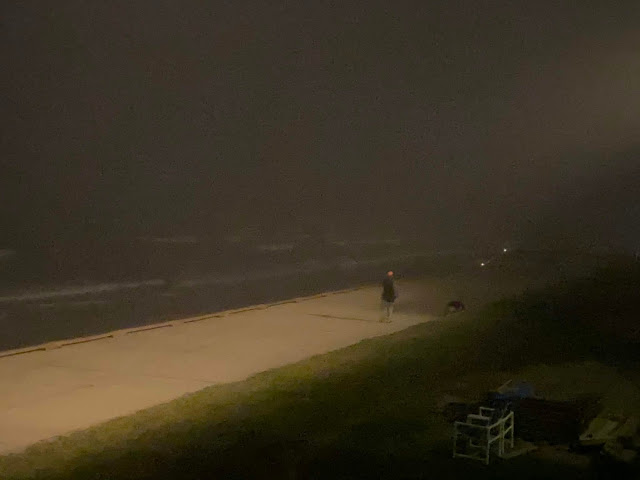“My HEART is ready, O God;
I will sing, sing your praise.”
~psalm 108
May the eyes of our HEARTS be enlightened, that we may know what is the hope that belongs to God’s call, what are the riches of glory in his inheritance among the holy ones.”
~Ephesians 1:18
“How long must I bear grief in my soul,
this sorrow in my HEART day and night?…
As for me, I trust in your merciful love.
Let my HEART rejoice in your saving help;
Let me sing to the Lord for his goodness to me…”
~psalm 13
“I will bless the Lord who gives me counsel,
who even at night directs my HEART…
And so my HEART rejoices, my soul is glad;
even my body shall rest in safety.”
psalm 16
“May the peace of God which surpasses all understanding guard our HEARTS in Christ Jesus our Lord.”
~Philippians 4:7
“You, then, shall be my strength, O my God! You shall be my guide, my director, my counselor, my patience, my knowledge, my peace, my justice, and my prudence. i will have recourse to you in my temptations, in my dryness, in my repugnances, in my weariness, in my fears; or rather I will no longer fear either the illusions or the tricks of the demon, nor my own weakness, my indiscretions, nor even my mistrust of myself. For you must be my strength in all my crosses.”~Saint Claude de la Colombière
+ + +
For the past several months — or rather, more than likely since my first angioplasty this past year, I have felt understandably off-balance. Even as my body recovered and got used to the new meds, my emotions have been all over the planet — and my spirit has felt, for lack of a better word, unsettled.
Like a walk through dense, deep fog, everything has been just a little out of focus. And the peace that I have been yearning for has felt just out of reach.
Fearful. Anxious. Unsure of myself. And on top of it all, a thick dose of guilt about everything I have been feeling. How am I not overwhelmed with gratefulness? Why am I not jumping to the sky with joy? I did not have a heart attack. we caught things before “the widowmaker” stopped my heart, before anything irreversible happened.
In other words, why am I not, well, completely overwhelmed by courage, hope, thanksgiving, and life?
The root of the word COURAGE is COR, the Latin word for HEART. So, in the word’s earliest form, the word COURAGE literally meant, “to speak one’s mind by telling all that is in one’s HEART.”
If I am to tell all of what’s in my HEART, I must begin by acknowledging that learning this past year that I have a heart condition, makes me feel vulnerable, and often, extremely fragile.
Yet any doubts that I have and that I acknowledge about myself, my ability to handle things, or more importantly, about my faith, does not make me unworthy, unfaithful, or lacking.
It makes me open and real and seeking. And that is where God is. I am not alone.
That is my COR, my heart, the source of my COURAGE.



















